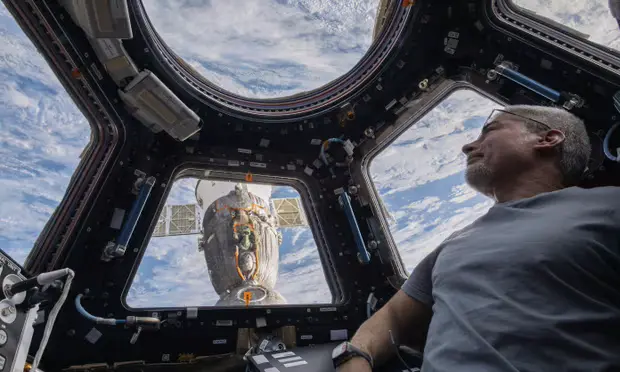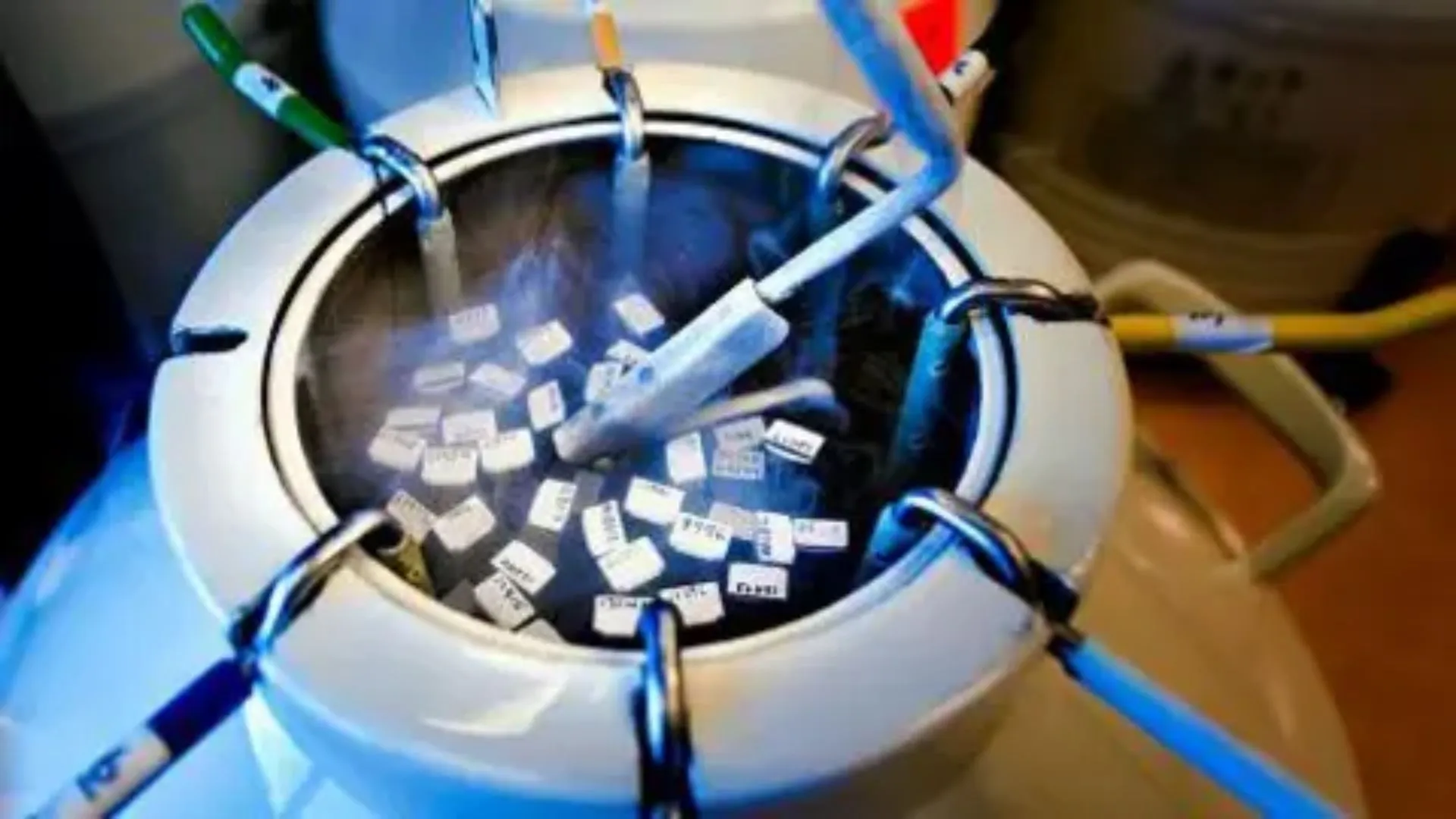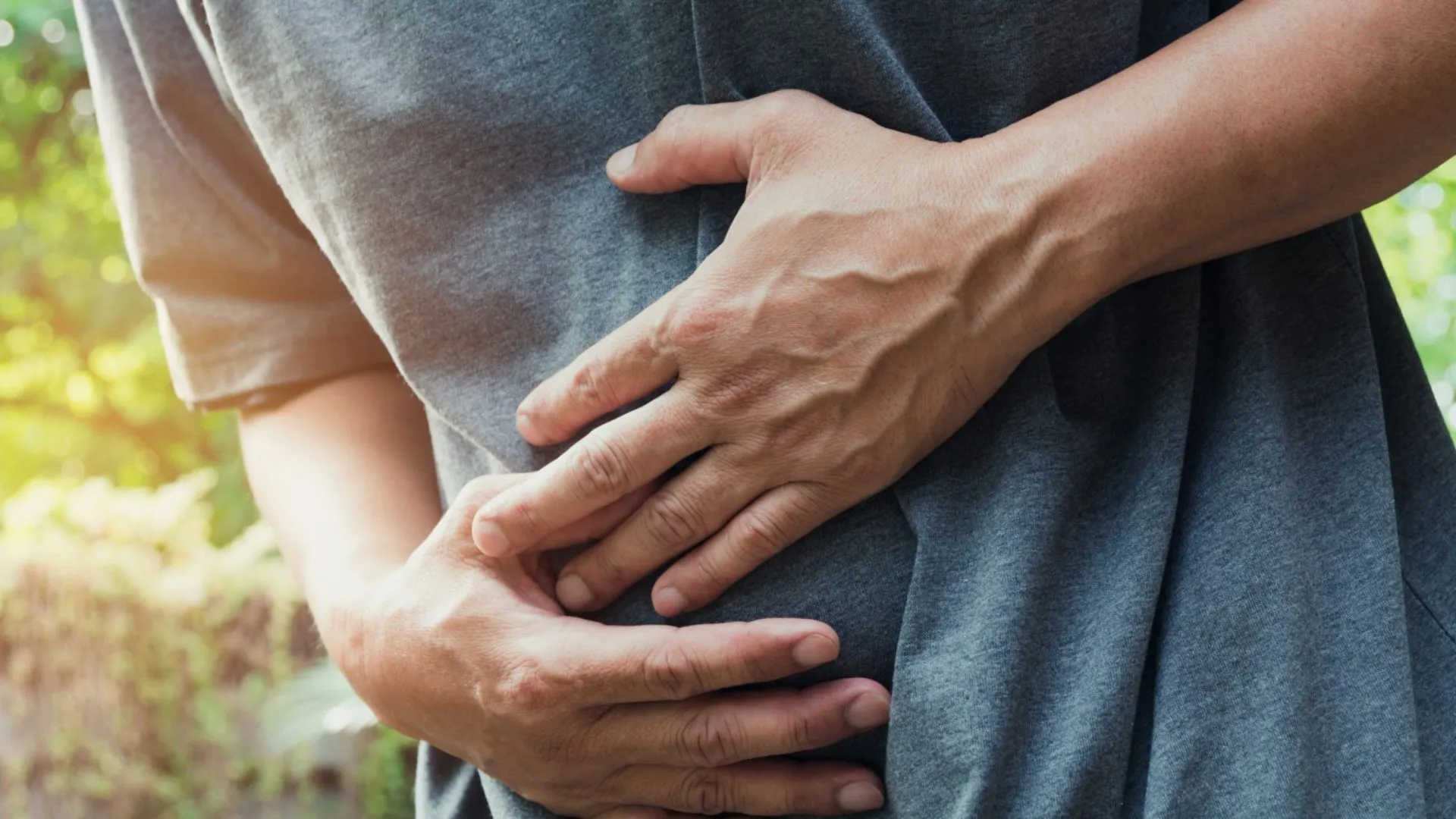The sterile environment aboard the International Space Station (ISS) may not be as beneficial as one might think. In a surprising turn of events, a recent study has revealed that the extreme cleanliness of space stations could have unintended negative effects on astronauts’ health. Contrary to the common belief that a sanitized environment is ideal, scientists have suggested that adding a small degree of “dirt” or, more specifically, environmental microbes, might be essential for improving the well-being of astronauts in space.
Astronauts aboard the ISS are exposed to a unique environment that is significantly different from what we experience on Earth. While space missions have focused on ensuring hygiene and preventing contamination, the lack of microbes in the ISS environment could be contributing to immune-related health issues, such as rashes, cold sores, fungal infections, and shingles. These conditions, which are rare in individuals on Earth, seem to occur more frequently in astronauts, potentially due to their exposure to an overly sterile environment.
The Microbial Deficiency on the ISS
A team of scientists, including researchers from the University of California, San Diego, recently carried out a study to investigate the microbial diversity aboard the ISS. The study was prompted by growing concerns that the lack of environmental microbes could be impacting the astronauts’ immune systems. Microbes, particularly those commonly found in soil and water, play an important role in training and maintaining a healthy immune system. On Earth, our exposure to these microbes helps our bodies recognize and respond appropriately to harmful pathogens.
However, the ISS, with its sanitized, enclosed environment, is devoid of these essential microbes. The researchers found that the space station is largely free of the bacteria, fungi, and other microorganisms commonly found in the natural environments of Earth. The absence of these microbes might explain why astronauts experience such immune-related health problems during their missions, and why their immune systems seem to react more aggressively to otherwise harmless conditions.
In collaboration with astronauts who swabbed 803 surfaces across various parts of the ISS, the scientists analyzed which bacterial species and chemicals were present on the station. Their findings revealed that human skin was the primary source of microbes across the station, although microbial diversity varied depending on the specific area. For example, areas where food was prepared and consumed had a higher concentration of food-associated microbes, while the space toilet had a greater variety of microbes typically found in human waste.
The surfaces of the ISS were noticeably lacking in environmental microbes that are typically found in soil and water on Earth. These microbes are crucial to the health of the immune system, and their absence could be leaving astronauts vulnerable to various health issues.
The Health Impacts of Microbial Deficiency
According to the researchers, the lack of microbial exposure could be negatively affecting the astronauts’ immune systems. Rodolfo Salido, a co-author of the study and researcher at the University of California, San Diego, explained that future space stations could benefit from intentionally fostering diverse microbial communities that better mimic the natural microbial exposures experienced on Earth.
By introducing specific microbes into the ISS environment, astronauts could be exposed to the beneficial bacteria and fungi that they would normally encounter in soil, water, and the atmosphere on Earth. This microbial exposure could help train the astronauts’ immune systems, reducing their susceptibility to health problems like skin rashes, cold sores, and fungal infections.
In an isolated environment like the ISS, the absence of natural microbial input could lead to the development of a compromised immune system, which struggles to recognize and respond to harmful pathogens. Salido suggested that future space missions could benefit from creating an ecosystem aboard the station that includes microbes from Earth, potentially providing the astronauts with a more robust immune defense system.
Professor Rob Knight, a microbiologist at the University of California, San Diego, and senior author of the study, emphasized the difference between the exposure to healthy soil on Earth—such as when people garden—and the highly sanitized, enclosed environment of the ISS. He argued that a balance needs to be struck between maintaining cleanliness and ensuring the astronauts’ health by reintroducing environmental microbes.
The Role of Microbes in Immune Health
Microbes play a critical role in immune health on Earth. Our immune system relies on exposure to different types of bacteria and fungi to develop a strong and adaptable response to potential threats. The absence of such exposure could explain why astronauts face immune-related health problems that are relatively rare for people on Earth.
Dr. Odette Laneuville, a biologist at the University of Ottawa, noted that the immune system constantly monitors the environment for pathogens, triggering a response if needed. The exposure to a variety of environmental microbes helps to keep the immune system engaged, allowing it to respond appropriately when harmful pathogens are encountered. Without this exposure, astronauts’ immune systems might not function as effectively, making them more prone to infections and other health issues.
Laneuville, who was not involved in the study, expressed caution about introducing microbes into the space station environment. While she acknowledged the importance of microbes for immune health, she warned against the potential risks associated with bringing certain types of bacteria, fungi, or parasites into the sterile environment of space. It is essential to carefully select which microbes to introduce and to ensure that they are beneficial rather than harmful.
Possible Solutions and Future Research
The study’s findings suggest that space stations may need to reconsider their approach to cleanliness. While maintaining hygiene is essential in preventing contamination and ensuring the astronauts’ health, the complete absence of environmental microbes could be detrimental in the long term. Researchers have proposed that future space stations could be designed to foster a more diverse microbial community, one that mirrors the variety of microbes typically found in natural environments on Earth.
To strike a balance, space agencies could consider introducing specific types of microbes that are known to be beneficial for human health. These microbes could be carefully selected to support the astronauts’ immune systems without compromising the station’s cleanliness or introducing harmful pathogens. This approach could provide astronauts with the microbial diversity they need to maintain a healthy immune system while still adhering to hygiene standards.
In addition to introducing microbes into the space station environment, researchers also suggest that astronauts could be provided with additional support in the form of microbial-based treatments and supplements. These treatments could help strengthen astronauts’ immune systems and reduce their susceptibility to infections and health problems.
The study of microbial diversity aboard the ISS has opened up a new area of research into astronaut health. While the sterile environment of the space station was designed to protect astronauts from contamination, it may be having unintended consequences on their immune systems. The lack of environmental microbes found in soil and water may be contributing to health problems such as rashes, cold sores, and fungal infections.
To address this issue, scientists suggest that future space stations could benefit from intentionally fostering diverse microbial communities. By introducing specific beneficial microbes from Earth, astronauts could be exposed to the environmental diversity they need to maintain a healthy immune system. With further research, it may be possible to strike a balance between maintaining cleanliness and ensuring the health and well-being of astronauts on long-term space missions.























